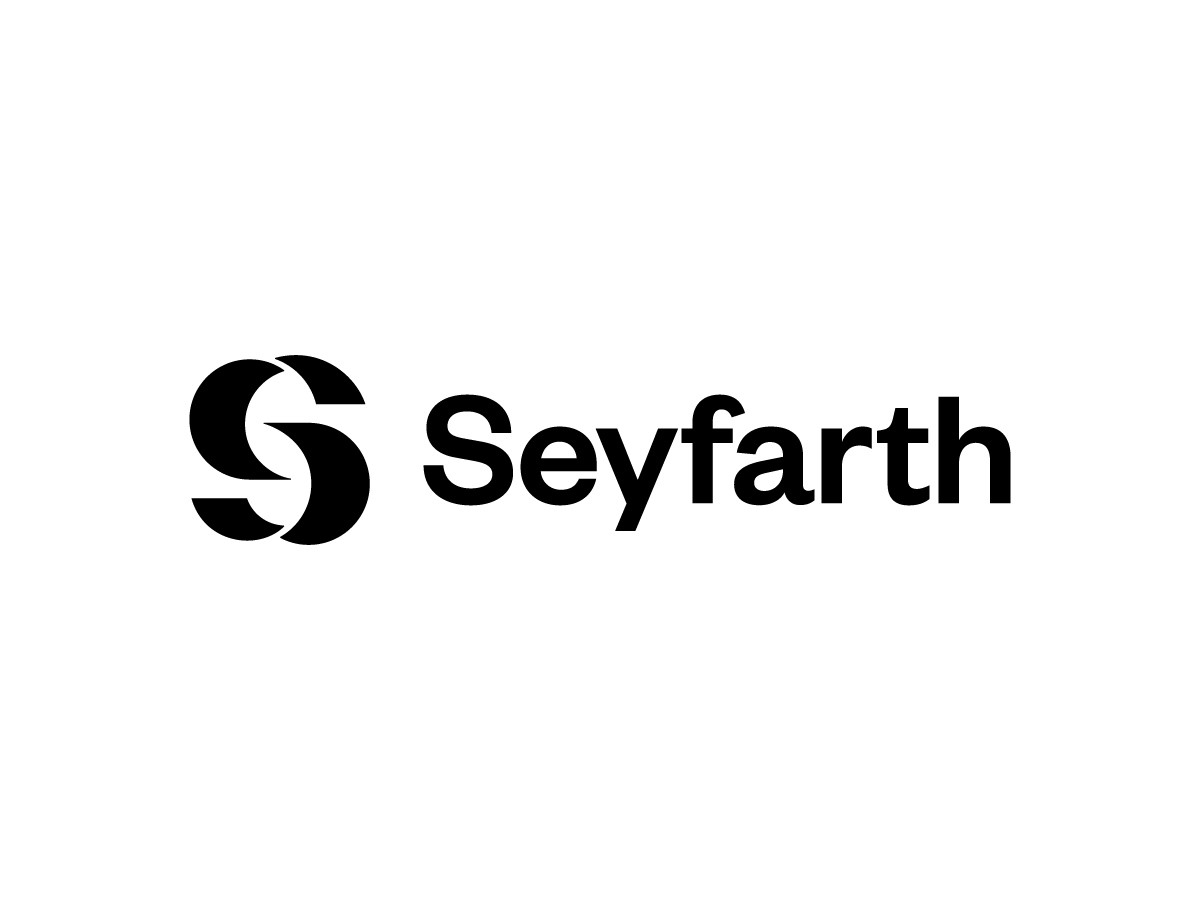Is There an Emerging Duty of Good Faith Required Between Shareholders in Dispute?
The concept of “good faith” between shareholders of private companies and how it’s viewed by the Courts is one of the most unsettled areas of commercial law.
Good faith provisions are standard in most shareholder agreements and articles of association. But the definition of “good faith” and what constitutes a breach in a shareholder dispute is far from set in stone.
Historically, if no shareholder agreement existed — or it lacked a contractual good faith provision — the courts would find no duty between shareholders was implied.
However, how the courts settle disputes alleging that majority shareholders have acted in bad faith or shown unfair prejudice towards minority shareholders has changed dramatically in the past decade.
So, what does good faith between shareholders in companies mean today?
Is there an emerging duty of good faith between shareholders — with or without contractual provisions?
What is Good Faith Between Shareholders?
Broadly, good faith between shareholders means that a contracting member in a limited company should act honestly and consistently with the reasonable expectations of fellow shareholders.
In practice, the interpretation of good faith in disputes before the court has been highly subjective and remains in flux to this day.
Prior to the 2013 decision in Yam Seng Pte Ltd v International Trade Corp Ltd, the courts had consistently found that no duty of good faith between shareholders existed without an express contractual provision.
Future Supreme Court judge Lord (George) Leggatt upended years of precedent by finding that contracts between shareholders were “relational” by nature. The court might find that a duty of good care between shareholders was inherent, even absent a contractual provision.
Before Yam Seng, there were three primary justifications for good faith not being recognised in contract law.
The principles were as follows:
- English law proceeds incrementally and does not enforce broad overarching principles
- English law embodies an ethos of individualism. Parties are free to pursue their own self-interest without breaching the contract
- Recognising good faith would create too much uncertainty, the content of obligation would be vague and subjective
Lord Leggatt found that by failing to imply a duty of faith between shareholders, English law was “swimming against the tide”. He provided numerous examples where good faith was implicit in relational contracts — both in the UK and abroad.
The aftershocks of Yam Seng are still being felt today. The decision fundamentally changed how the courts decide good faith disputes between shareholders in the UK.
Is There a Duty of Good Faith Between Shareholders in 2023?
Since the Yam Seng ruling, numerous cases relevant to the duty of good faith between shareholders have yielded judgments.
However, a definitive answer as to what “good faith” constitutes — even when explicitly contained in contractual provisions — continues to evolve. As does the court’s position on whether it’s implicit in shareholder agreements that don’t mention it or in companies that lack a formal contract between owners.
Below are brief summaries of notable decisions related to duty of care between shareholders since Yam Seng.
Re Coroin Ltd [2013] EWCA Civ 781
The shareholder agreement in Re Coroin contained an express contractual duty of faith between shareholders.
On appeal, the Court dismissed the claim that “a breach of an express obligation of good faith” had been committed by the complainant’s fellow shareholders.
The Court agreed with the respondents that the good faith provision simply required them to “act honestly” within the “spirit and intention” of the agreement. Both terms are highly subjective. The court concluded that the respondent’s actions could not be proven to be “dishonest” or taken in “bad faith”.
The respondent’s actions weren’t contractually precluded. The court found that “an obligation to act in good faith” doesn’t “impose a binding general obligation to act in a manner outside the terms of the shareholder agreement.”
The decision also dismissed the appellant’s claims of unfair prejudice and additional breaches of the shareholder agreement.
Key Takeaway: Good faith provisions don’t offer protection if other shareholders’ actions aren’t dishonest or in bad faith. Both are subjective terms and very challenging to prove.
Unwin v Bond [2020] EWHC 1768
The decision in Unwin v Bond appeared to provide some clarity by defining what duty of good faith between shareholders constituted in the context of the case:
- They must act honestly;
- They must be faithful to the parties’ agreed common purpose as derived from their agreement;
- They must not use their powers for an ulterior purpose;
- When acting, they must deal fairly and openly with the claimant;
- They can consider and take into account their own interests, but they must also have regard to the claimant’s interest.
These minimum standards are not entirely distinct from one another. Rather, they tend to overlap.
It’s crucial to note, however, that the court made it clear that the duties of good faith listed above were specific to this case:
The context in which the good faith obligation was entered into is everything…
The extent of the obligation, that is, what prospective acts of a defendant may be subject to a duty of good faith, is a matter of the construction of the contract which contains the obligation.
Finding that there has been a breach of good faith in the first place remains highly subjective. Furthermore, the duties set forth in this judgment are not designed to apply to every contract that contains a duty of good faith obligation. They are certainly useful guidelines but may not apply to every case.
Compound Photonics Group Ltd; Faulkner v Vollin Holdings Ltd [2021] EWHC 787
The court found that the respondents had breached the good faith obligation expressly included in the shareholder agreement based — at least partially — on the duties outlined in Unwin v Bond.
As noted in the judgment, the good faith provision in the SHA “could not be broader:”
“act in good faith in all dealings with the other Shareholders and with the Company in relation to the matters contained in this Agreement.”
By finding for the complainant in part by making the duties outlined in Unwin v Bond applicable to another case, the judgment appeared to clarify what defines a broad duty of good faith obligation in a SHA.
However, the respondents quickly appealed the decision…
Re Compound Photonics Group Ltd; Faulkner v Vollin Holdings Ltd [2022] EWCA Civ 1371
The Court of Appeals overturned the above judgment — substantively due to its overreliance on the duties of good faith set out in Unwin v Bond. As stated in the decision:
The Investors appeal, essentially on the basis that the Judge interpreted the “good faith” clause in the shareholders’ agreement far too widely…
In summary, the Judge’s reasoning was that the obligation in… the SHA to act in good faith necessarily imported all of the “minimum standards” of good faith identified in Unwin v Bond, including the requirement of “fidelity to the bargain.”
In a unanimous decision to overturn, the Court of Appeals found that — among other flaws in the lower court’s judgment — the interpretation of good faith based on Unwin v Bond was indeed too broad:
Apart from the “core” duty of honesty and (depending on the context) a duty not to engage in conduct that could be characterised as bad faith, any further requirements of an express duty of good faith must be capable of being derived as a matter of interpretation or implication from the other terms of the contract in issue in the particular case. [emphasis added]
The judgment didn’t specifically reject the duties of good faith set out in Unwin v Bond — but the court did rule that they do not apply as a standard in every case.
Conclusion
Since the Yam Seng judgment in 2013, there has been an emerging duty of good faith required between shareholders in dispute.
The courts have increasingly viewed private companies with multiple shareholders as relational in nature — and a duty of good faith may be implied even when no explicit provisions are in place.
The judgment in Bates v Post Office Ltd (No.3) [2019] set out “the specific characteristics” of what should be considered a relational contract, many of which apply to most shareholder-owned private companies. These include:
- The contract will be a long-term one, with the mutual intention of the parties being that there will be a long-term relationship.
- There may be a degree of significant investment by one party (or both) in the venture.
- The contract in question will involve a high degree of communication, co-operation and predictable performance based on mutual trust and confidence, and expectations of loyalty.
If the courts are indeed implying a duty of good faith, what good faith actually means remains highly subjective. Even in shareholder agreements that contain express good faith provisions, it could be interpreted merely as being honest in business dealings or not demonstrably acting in bad faith.
With the definition of good faith — and when it’s implied — evolving so rapidly, it’s risky to rely on it as a contractual obligation in a shareholder agreement or articles of association.
If there are specific actions (or inactions) that shareholders would view as a breach of good faith, the best course of action is to preclude them in the shareholder agreement expressly.
It’s impossible to predict or preclude every action that a shareholder might consider dishonest or in bad faith. But with expert advice, an SHA can be drafted that reduces the risks of relying on the expression or implication of good faith alone.
If you are a shareholder involved in a good faith or unfair prejudice dispute, contact our expert commercial litigation team at Helix Law. We aim to respond to all queries within an hour.
Our solicitors have decades of experience in commercial litigation and have been involved in advising and positioning shareholder investors and directors in disputes ranging from millions to tens of millions in dispute. Our expert team act nationally including for clients based internationally- we will be happy to help you.
Frequently Asked Questions
When Do Shareholders Owe Good Faith In a Dispute?
In English law there is no express legal requirement for shareholders in a private company to act towards each other in good faith. However, the courts increasingly view shareholder agreements as relational contracts that imply a duty of good faith. Express provisions of good faith are also common in shareholder agreements and articles of association.
What is a Relational Contract?
Relational contracts are typically long-term and based on mutual trust and cooperation between parties. English courts increasingly view private companies with shareholders as parties in a relational contract — which can imply duties of good faith between owners. Express provisions of good faith are common in shareholder agreements and articles of association.
What Is Unfair Prejudice?
Unfair prejudice typically refers to conduct by one or more shareholders in a private company that unjustly affects another member adversely. Unfair prejudice is often alleged in disputes where a shareholder feels they have grounds to petition the court under Section 994 of the Companies Act 2006.
What is Section 994 of the Companies Act 2006?
Section 994 of the Companies Act 2006 sets out the grounds under which a minor or majority shareholder of a private company can petition the courts for unfairly prejudicial conduct. Unfair prejudice is often alleged in disputes where one shareholder claims they have been unjustly disadvantaged by the actions (or inaction) of another shareholder (or shareholders).






